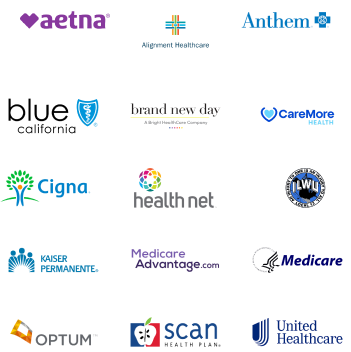Bug (Insect) Bites & Stings

Overview
Insect bites and stings extend beyond simple annoyance. They have the potential to induce discomfort, trigger infections, provoke allergic reactions, and occasionally, cause life-threatening situations. Whether an individual is enjoying a leisurely walk, tending a garden, or venturing into the wilderness, it becomes crucial to be knowledgeable about different types of insect bites and stings, the symptoms they can induce, potential health effects, and preventative measures that can be taken.
Symptoms and Causes
Insect bites and stings can lead to a diverse range of symptoms, often as the body's instinctive reaction to foreign substances. Common reactions encompass redness, swelling, itching, and pain. Nonetheless, in certain circumstances, people may undergo severe symptoms such as difficulty in breathing, nausea, an increased heart rate, swelling of the face or throat, and in extreme situations, a loss of consciousness, which could signify a severe allergic reaction known as anaphylaxis.
Common Culprits: Insects that Bite or Sting
A variety of insects are known to bite or sting. Each insect has a unique impact on the human body, eliciting distinct symptoms and reactions. Bees, wasps, hornets, mosquitoes, fleas, spiders, and ticks are frequently responsible for these incidents.
Understanding Reactions to Bites and Stings
Reactions to bites and stings can differ based on the type of insect involved and the individual's physiological response. Typically, the body's reaction is triggered by the venom or other substances that an insect injects into the skin. These reactions can range from mild symptoms such as localized pain and swelling to severe conditions like anaphylaxis in individuals who are allergic.
Diagnosing
When there's a suspicion of an insect bite or sting, the initial step is to inspect the affected area. Bites and stings generally manifest as red, swollen spots, often with a small puncture mark at the center. Sometimes, rashes, hives, or blisters may also appear. If symptoms become severe or deteriorate over time, it's vital to seek professional medical assistance. Healthcare providers are able to diagnose the condition based on the symptoms and a physical examination.
First Aid: Treating Bites & Stings
Having knowledge of how to address insect bites and stings can help mitigate symptoms and prevent further complications. For minor reactions, the wound should be gently cleaned with soap and water, a cold compress should be applied to reduce swelling, and over-the-counter antihistamines or hydrocortisone cream can be used to control itching. Pain relievers can also alleviate discomfort. Nonetheless, if there are signs of a severe allergic reaction, immediate medical attention is required.
Determining When to Seek Medical Care
While most insect bites and stings can be managed at home, there are certain situations where medical intervention is necessary. These scenarios include instances of severe pain or swelling, breathing difficulties, dizziness, a past history of severe allergic reactions to bites or stings, and signs of infection like increased redness, pus, or warmth around the bite.
Prevention: How to Avoid Insect Bites & Stings
Prevention stands as the most effective strategy to manage insect bites and stings. In areas prone to insects, individuals should wear long-sleeved shirts, long pants, and closed-toe shoes. Regular usage of insect repellents, particularly those containing DEET, picaridin, or oil of lemon eucalyptus is advisable. At home, it's important to ensure that window screens are intact and all cracks or gaps where insects might enter are sealed. Bright-colored clothing and potent fragrances should be avoided as they can attract insects. If encountered with flying insects, it's best to stay calm and move away without swatting at them.
Recommendations for Outdoor Activities
For those partaking in hiking or camping activities, sticking to clear trails and avoiding areas where insects nest or gather, such as stagnant water or piles of leaves, is advisable. Food and drinks should be kept covered to prevent attracting insects. Moreover, it is recommended to check for ticks after spending time in wooded regions.
By adhering to these guidelines, outdoor enjoyment can be maximized while minimizing the risk of bothersome and potentially harmful insect bites and stings.
We’ve Got You Covered
Our goal is to provide urgent medical care to anyone in the area in their time of need at a cost that is right for them.
Insurance & Pricing
